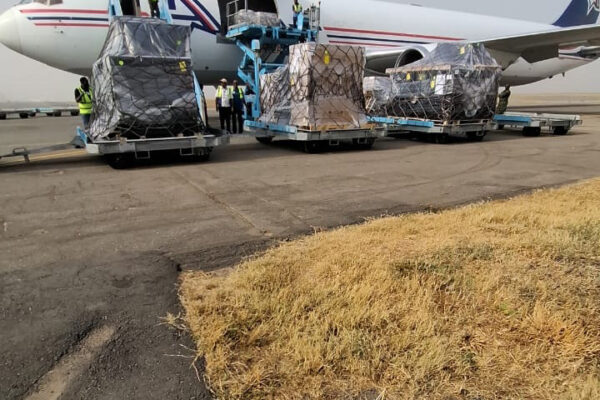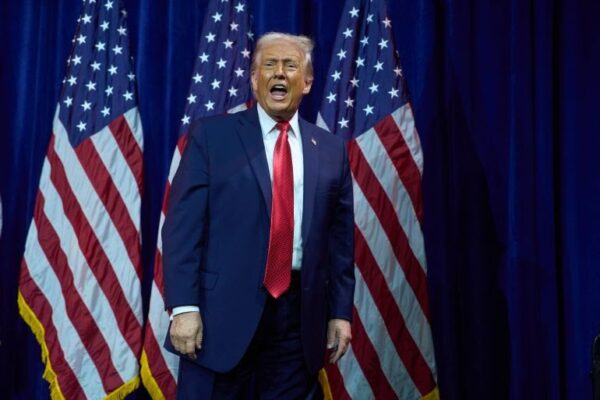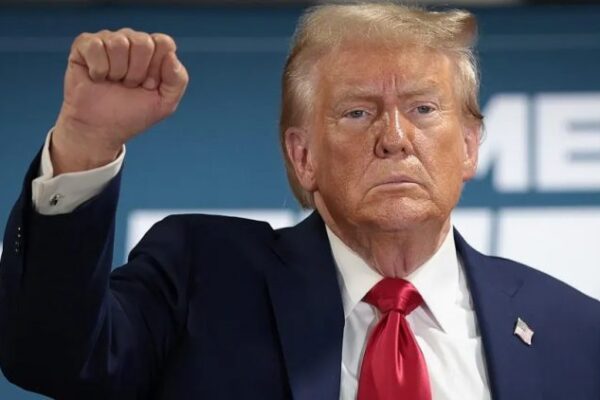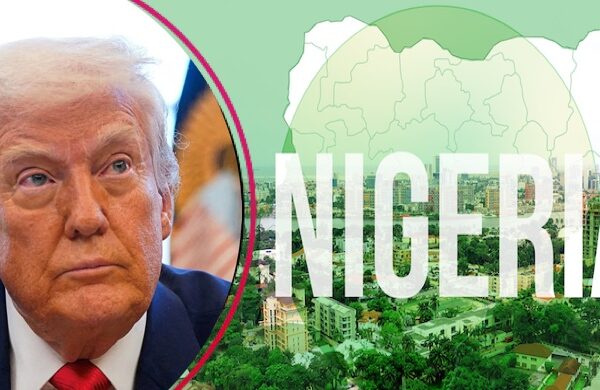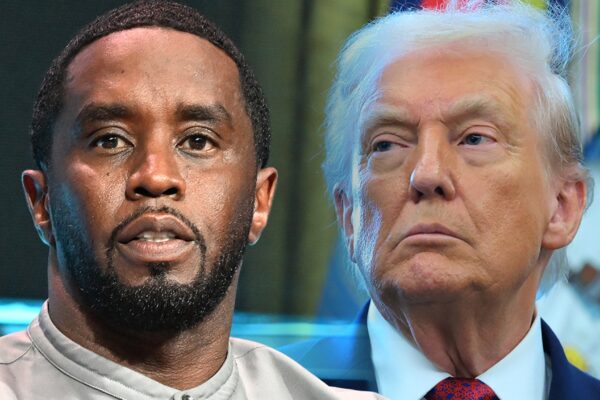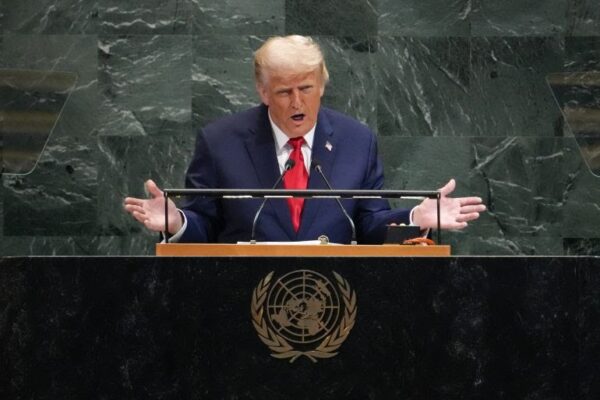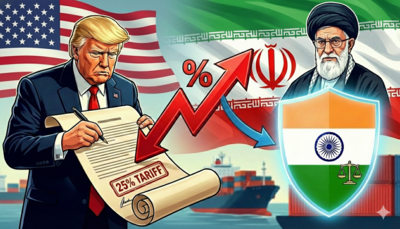
Trump Threatens 25% Tariff On Countries Trading With Iran Amid Widespread Protests
United States President Donald Trump has threatened to impose a 25 percent tariff on any country that does business with Iran, increasing pressure on the Iranian government as the nation faces its largest protests in decades. Years of Western sanctions have severely weakened Iran’s economy, driving high inflation, rising unemployment, and the collapse of the rial. The current wave of protests stems largely from these economic difficulties, which the government has struggled to address due to international isolation. Iran’s economy relies heavily on exports to countries such as China, Turkey, Iraq, the United Arab Emirates, and India, with China purchasing roughly 80 percent of its oil. Trump’s announcement raises questions about how major trade partners will respond to the threat. “Effective immediately, any country doing business with the Islamic Republic of Iran will pay a Tariff of 25% on any and all business being done with the United States of America,” Trump wrote on his Truth Social platform. “This Order is final and conclusive.” No formal documentation of the policy has been released by the White House, and the legal authority for implementing the tariffs was not specified. This move adds to a growing list of pressures from Trump on Iran, which have included economic sanctions and threats of military action, aimed at influencing the country’s political and economic decisions.


